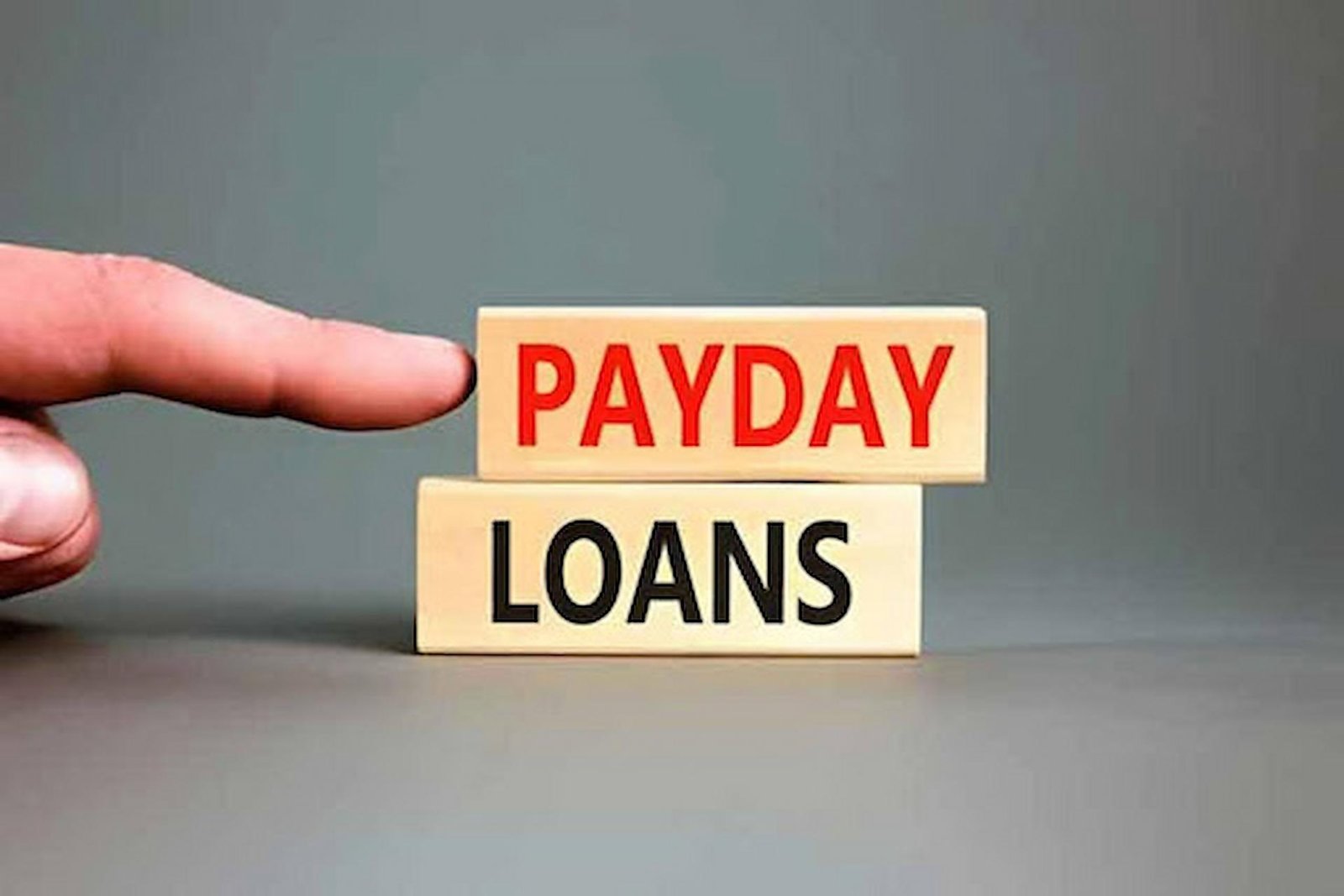Are you thinking about applying for a payday loan? Before you do, it’s important to understand how payday loans work, their advantages and risks, and smart ways to use them. This simple, straightforward guide explains everything you need to know, helping you make the right choice for your financial needs.
When sudden expenses hit, it’s easy to feel overwhelmed. From urgent car repairs to unexpected medical bills, life’s surprises often come without warning. Many people turn to payday loans for fast financial relief in times like these. However, while they can offer a quick fix, understanding how payday loans work is essential before applying. Making informed decisions can save you from bigger problems later.
In this guide, we’ll explain payday loans in simple terms—how they work, when they might help, potential pitfalls, and smart tips to remember. Let’s get started.
What Is a Payday Loan?
A payday loan is a short-term loan designed to cover urgent expenses until your next paycheck. These loans usually have some range and have very short repayment periods, often due within two to four weeks.
Lenders usually don’t ask for collateral. Instead, they require proof of income, a checking account, and valid identification. Once approved, you get cash quickly — sometimes even within hours.
How Payday Loans Work
The basic process is simple:
- You apply online or in person.
- You provide proof of income, ID, and banking information.
- If approved, the loan amount is deposited directly into your account.
- You repay the full amount plus fees on your next payday.
Some lenders allow rollovers if you can’t repay on time, which can lead to high additional costs. Therefore, it’s important to understand the repayment terms before you sign anything.
Pros of Payday Loans
Despite the risks, payday loans offer several advantages when used carefully:
- Fast Access to Cash: Most lenders offer quick approvals and same-day deposits.
- Easy Qualification: Even people with poor credit histories may qualify.
- Simple Application: Minimal paperwork and fast processing make the process stress-free.
- Flexible Use: You can use the money for any emergency, from rent to medical bills.
These benefits make payday loans appealing when you face a true emergency and have limited options.
Cons of Payday Loans
However, there are downsides you must consider:
- High Fees and Interest: Payday loans often have extremely high Annual Percentage Rates (APR), sometimes exceeding 400%.
- Short Repayment Time: The quick turnaround can trap borrowers who aren’t prepared.
- Risk of Debt Cycle: Rolling over loans or taking new ones to pay off old ones can cause financial strain.
- Limited Regulation: Not all lenders follow best practices, so choosing carefully is important.
Always weigh the pros and cons before moving forward.
When to Consider a Payday Loan
Payday loans should be a last resort. However, they can make sense in some situations:
- Unexpected Medical Emergencies: Immediate cash can cover urgent treatments.
- Car Repairs: Fixing your vehicle may be necessary for work.
- Overdue Bills: A payday loan might help avoid late fees or service disconnections.
- Short-Term Crisis: When you are sure you can repay on your next payday.
Use payday loans only when no better alternatives are available, and you are confident about repayment.
Payday Loans: What You Need to Know Before You Apply
Now that you know the basics, it’s time to focus on the key things you must check before signing up.
- Understand the Total Cost
Look beyond the loan amount. Calculate the full repayment, including fees and interest. This will help you plan repayment without surprises. - Review the Lender’s Reputation
Choose a licensed, trustworthy lender. Read customer reviews and check for complaints before proceeding. - Check Your State’s Laws
Rules around payday loans vary from one place to another. Some states cap fees and interest, while others don’t. Make sure you understand local regulations. - Know Your Repayment Terms
Before borrowing, know precisely when and how much you must repay. Some lenders allow early repayments without penalties, which is a good option. - Avoid Multiple Loans
Taking out multiple payday loans at once can easily lead to a debt spiral. Only borrow what you truly need.
At the center of making smart choices is understanding your own financial situation. Payday loans can be helpful, but only if used responsibly.
Clever Alternatives to Payday Loans
Before choosing a payday loan, consider these safer options:
- Personal Loans: They often have lower interest rates and longer terms.
- Borrowing from Friends or Family: It may be uncomfortable, but it could save you money and stress.
- Payment Plans: Many service providers (utilities, hospitals) offer payment plans for overdue bills.
- Credit Union Loans: These non-profit institutions often offer small emergency loans with better rates.
Exploring these options can help you avoid high-interest payday loans altogether.
Tips for Using Payday Loans Responsibly
If you decide a payday loan is your best option, use these tips to protect yourself:
- Borrow only what you need — and can repay quickly.
- Read all the terms carefully before agreeing.
- Prioritize repayment when your paycheck arrives.
- Avoid rolling over your loan to avoid additional fees.
- Keep payday loans for genuine emergencies only, not routine expenses.
Good financial habits can help you avoid falling into payday loan traps.
Conclusion
Payday loans offer fast cash when you need it most, but they come at a cost. If handled wisely, they can provide short-term help without causing long-term harm. However, rushing into a payday loan without understanding the risks can easily make a bad situation worse.
Always ask yourself: Is there a better way to handle this expense? If a payday loan is truly the best choice, borrow carefully, repay promptly, and consider it a one-time solution, not a habit. With the right approach, you can use payday loans as a tool, not a trap, during financial emergencies.

